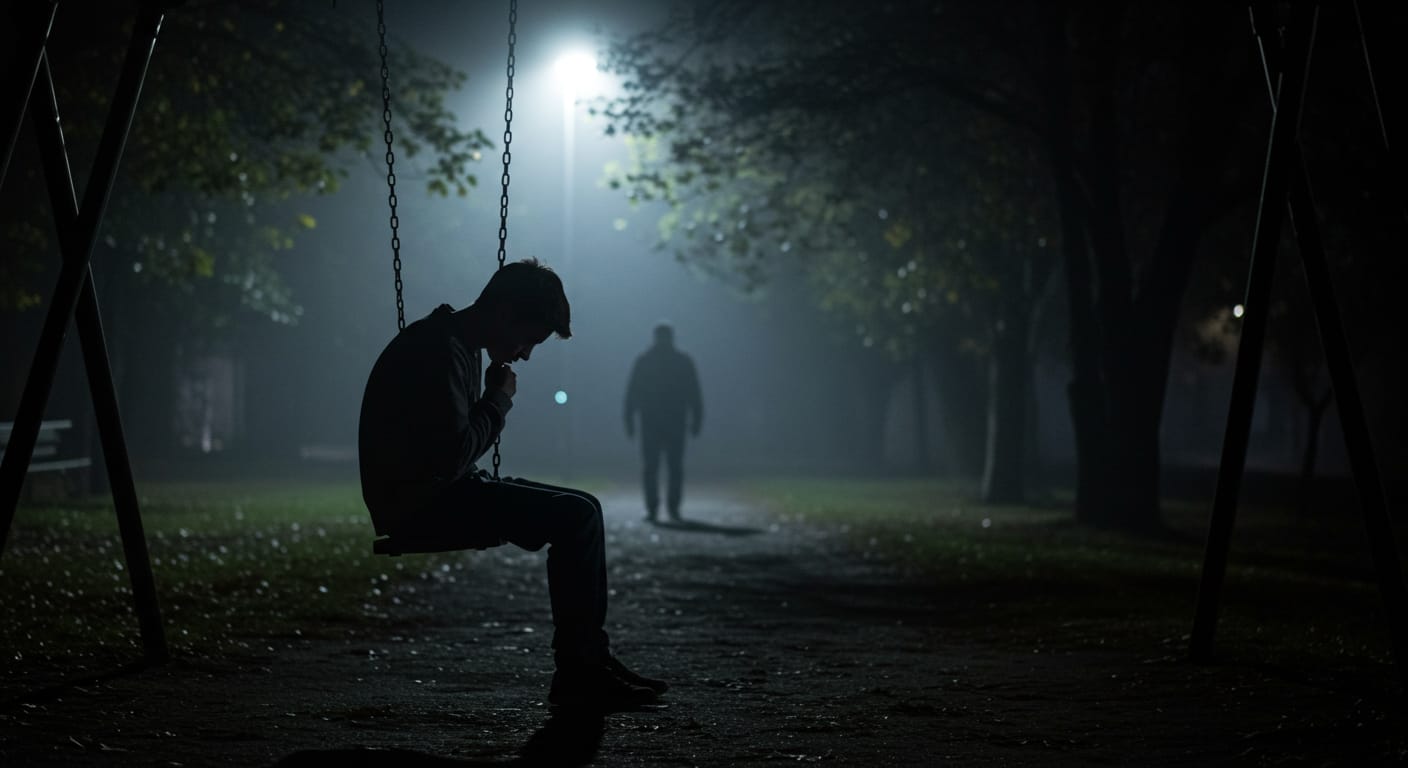Issues
Teen abandonment is a deeply emotional issue that can linger far beyond adolescence. Bitterness toward a parent often stems from unresolved inner hurt, and teens express this pain in different ways — through anger, withdrawal, or emotional outbursts. These behaviors are more than just rebellious acts — they’re often cries for connection, safety, and love.
Being told to “let go of your daddy issues” or “leave the past behind” isn’t helpful for someone who still feels wounded. Especially when those wounds come from something they had no control over.
A child who has experienced abandonment may grow up in an emotionally unstable home — one that fosters low self-worth, chronic sadness, and confusion. They may blame themselves for the loss, and this burden of guilt often leads to teen depression.
“Absence is a house so vast that inside you will pass through its walls and hang pictures on the air.”
— Pablo Neruda
Emotional Struggles That Follow
Jane Austen once wrote, “Mad people are not always wise.” And it’s true. When teens are consumed by anger, they often lash out, and in those moments, they are not at their best. That rage can distort their ability to cope with life, impacting not only their behavior but also their emotional and physical well-being. Unchecked anger can make a person both emotionally unstable and physically ill.
“Speak when you are angry, and you will make the best speech you will ever regret.”
— Ambrose Bierce
Harsh words spoken in anger can cut deeper than any wound. Contrary to what we’re told, words do hurt — and their emotional scars can last a lifetime.
Healing From Abandonment
“It is wise to direct your anger toward problems — not people. Focus your energies on answers, not excuses.”
— William Arthur Ward
Abandonment issues don’t go away on their own. They require emotional healing, therapy, and support. Teens — and the adults they grow into — must be encouraged to verbalize their pain and talk through their feelings. Keeping emotions bottled up can lead to isolation, sadness, and depression.
Letting go doesn’t mean forgetting. It means freeing yourself from the power that pain has over you.
Final Thoughts
Every child deserves to feel safe, seen, and loved. If you or someone you know is struggling with abandonment, don’t ignore the signs. Whether it’s silent sadness, explosive anger, or hidden scars, help is out there. Healing begins when we speak up, let go of shame, and reach for the support we need.



Great post, and so true. When I get angry, I mostly try to figure out what I’m really upset about (which isn’t always easy) and address that. It saves a lot of bitterness and hurt feelings!
Doree, I was told a long time ago as a teenager when someone is angry at me I should just be quite and count to ten. I would smile a lot made them even madder. Some people will be mad for years at you do not let their “Emotional Bondage” weight you down. Deal with it move on. But stay away from them… this is a different topic. It’s a learning process we should not let our angry cause us pain. We need to learn how and understand other people may have different issues.